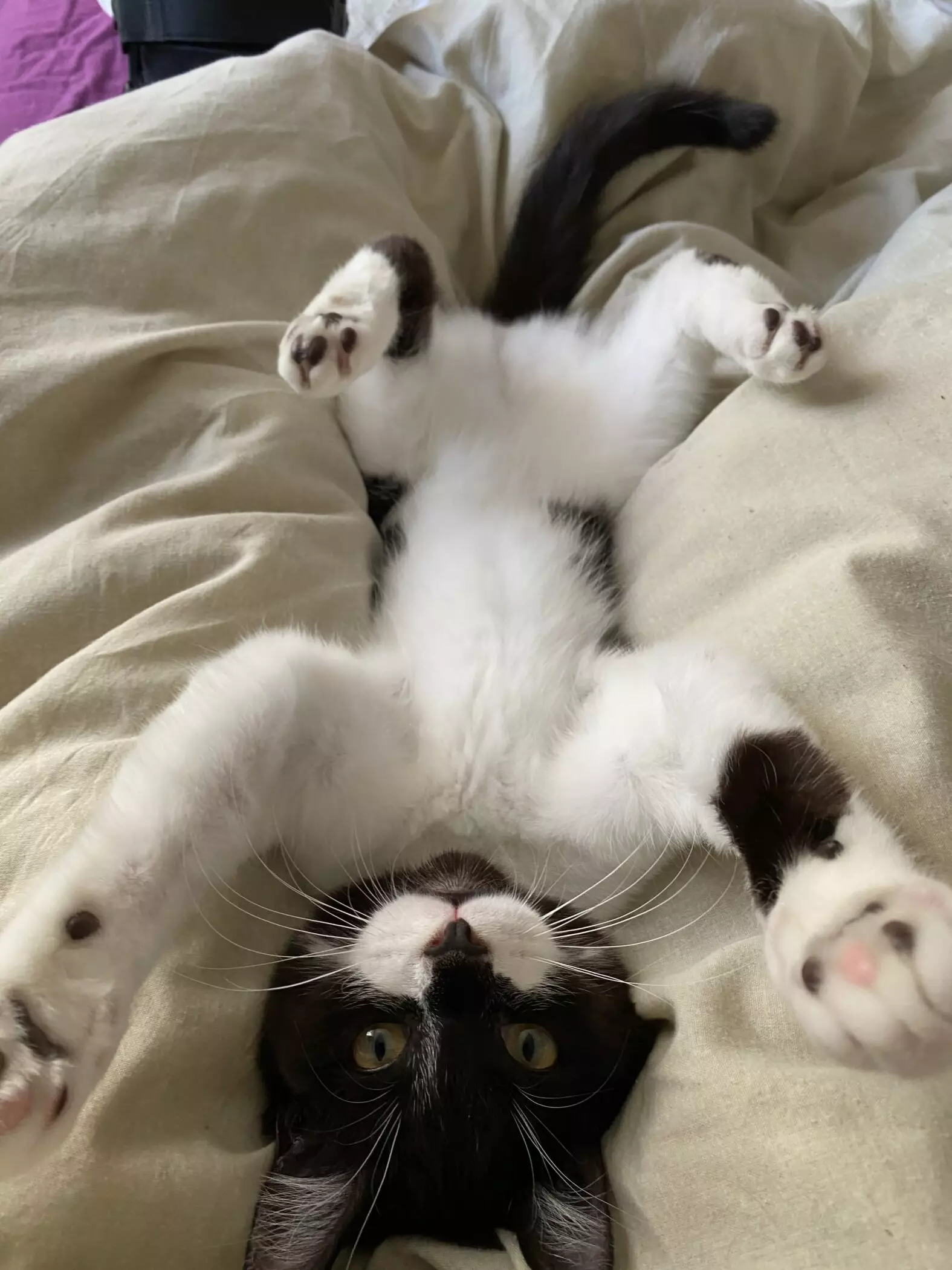Dr. Mikel Maria Delgado’s journey into the world of cat behavior might not have started with a clear vision. Yet, it evolved from a profound love for cats into a passionate career dedicated to understanding and enhancing their lives. Initially a volunteer at an animal shelter, Delgado was exposed to the diverse behaviors of countless cats. This rich tapestry of feline emotions and reactions prompted her to dive deeper into what makes cats tick. The initial curiosity sparked by the intricacies of these animals eventually blossomed into a professional commitment to studying and addressing the behavioral challenges that cats face.
This transition from a mere fascination into a professional pursuit is a testament to how personal experiences can shape our career paths. The loss of her own cat was a catalyst that pushed her towards volunteering. It’s a poignant reminder of how grief can inspire us to seek avenues of healing—not just for ourselves but also for others. By choosing to help shelter cats, Delgado embarked on a mission that would not only fulfill her need for companionship but also lead to significant insights into feline behavior.
Unearthing the Cause of Behavioral Issues
During her time at the shelter, Delgado encountered hundreds of cats, each displaying distinctive behaviors. Some cowered in fear, others exhibited aggression, and a few gracefully adapted to the shock of their new environment. This observation raised critical questions: Why are some cats resilient while others crumble under pressure? The environment plays a significant role, but so does the level of stimulation these animals receive. What emerged was a clear pattern: a majority of behavioral issues stemmed from boredom.
As Delgado explained, a considerable number of calls to the shelter’s behavior hotline originated from frustrated owners beleaguered by their cats’ undesirable behaviors—like scratching, biting, or constant meowing—all stemming from a lack of engagement. This revelation emphasizes an often-overlooked aspect of pet ownership: our responsibility to mentally and physically stimulate our animals.
The Science of Play: A Vital Dimension of Feline Wellbeing
Delgado’s commitment to understanding cats led her to focus on a critical but frequently underestimated element—play. Through her years of research and hands-on experience, she found that play is not just a form of entertainment but a fundamental component of a cat’s development and wellbeing. Play parallels natural instincts, such as hunting, and is vital for building confidence and maintaining mental acuity.
In a world where so many cat owners express frustration over their pets’ reluctance to engage with toys, it’s crucial to flip the narrative. Instead of focusing on the toys themselves, owners should reconsider the dynamics of play. Cats are not intrinsically disinterested; rather, the way we play with them often doesn’t resonate with their natural instincts. By harmonizing our play styles with their hunting behaviors—utilizing interactive toys that mimic the movements of prey—we can reignite their interest and joy in playtime.
Rethinking Cat Ownership: Embracing Engagement
For numerous cat owners, the common refrain is, “My cat doesn’t play,” often accompanied by a collection of unused toys. However, this reveals a fundamental misunderstanding of feline behavior. Instead of succumbing to the defeatist mindset, cat owners must recognize that play is an invitation to connect. It is an opportunity to cultivate a relationship steeped in interaction and shared experience.
Encouraging playtime not only curtails behavioral problems, but it reinforces the bond between owner and pet. Delgado’s insights into the therapeutic effects of play reveal that it can bring vitality to both cats and their humans. Engaging in this playful dance stimulates joy and promotes mental health—challenges are alleviated, and satisfaction is mutual.
Creating a Culture of Playfulness
Delgado’s research has transformed the perception of play into a crucial aspect of cat care. Her advocacy for playability underscores its role in emotional and psychological well-being. This emphasis can also cascade into broader discussions about animal welfare, by promoting environments where natural behaviors can flourish.
A commitment to integrating regular play into a cat’s life goes hand-in-hand with ensuring their overall happiness. It is vital to advocate for policies and practices that prioritize the joyous dimension of pet ownership. As Delgado aptly states, play allows cats to reconnect with their inherent instincts as super predators, thus validating their identities.
It’s time we revolutionize our understanding of feline companionship, recognizing that unlike passive pet ownership, active participation through play fosters enriched lives for both cats and humans. Through play, we can unlock the authentic essence of our demanding yet rewarding feline companions, foregrounding joy in the lives we share together.


Leave a Reply